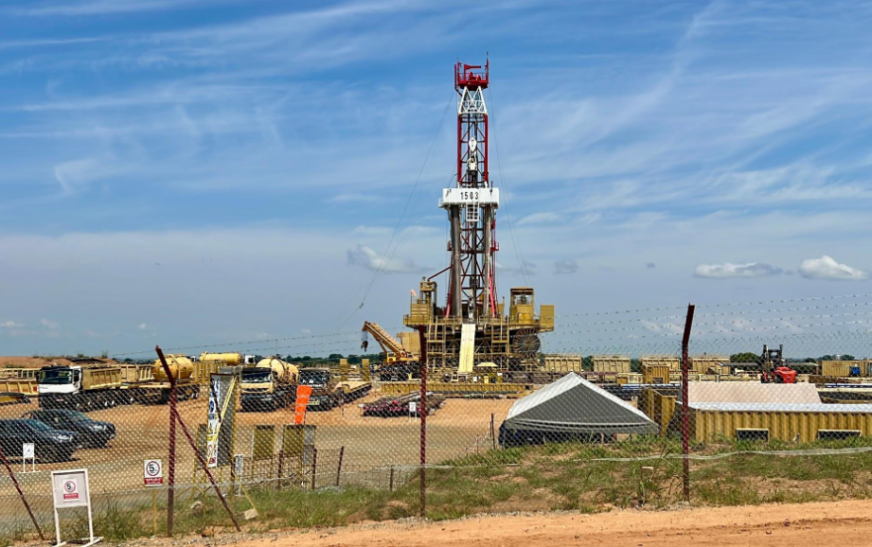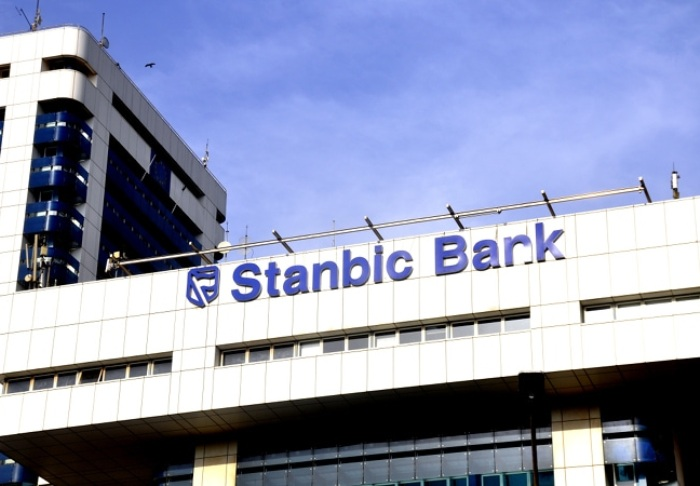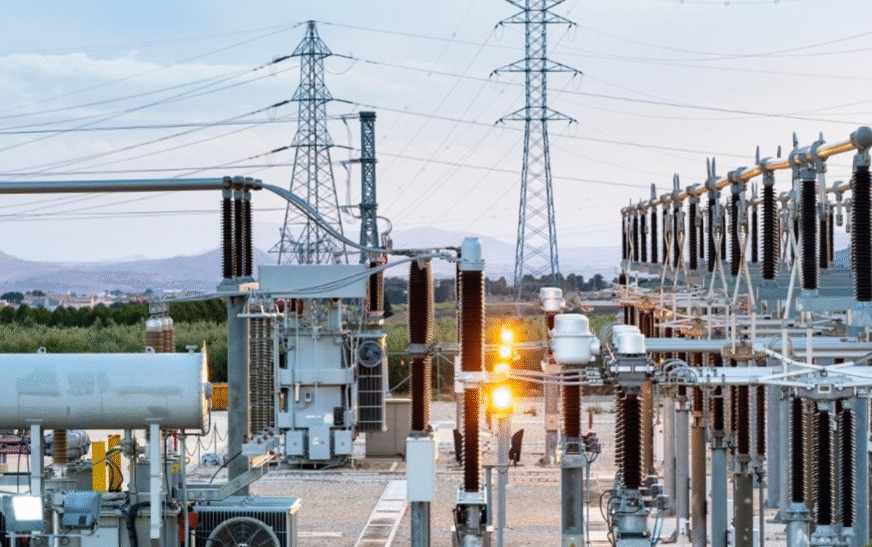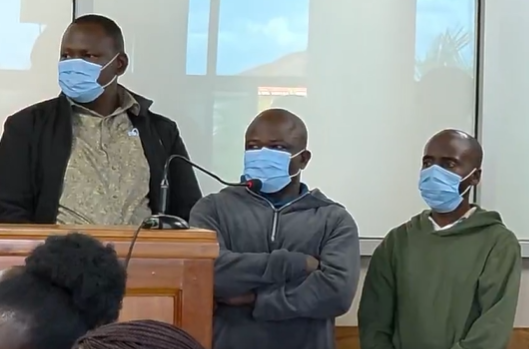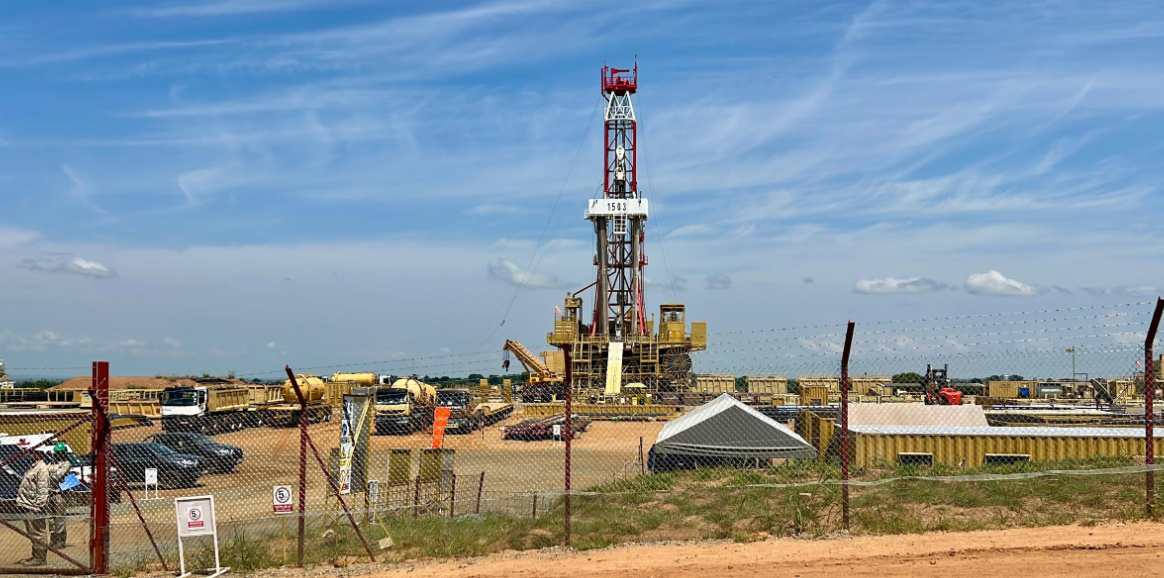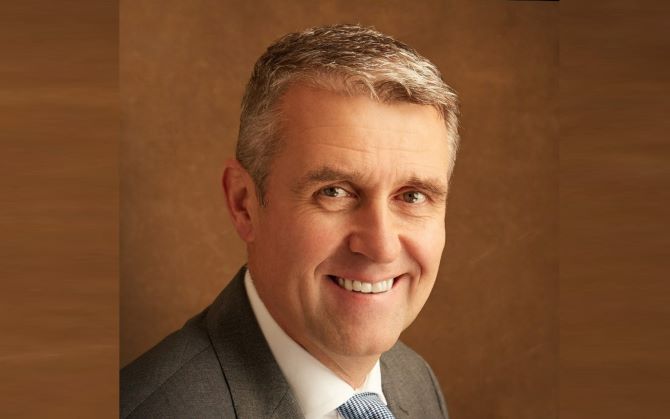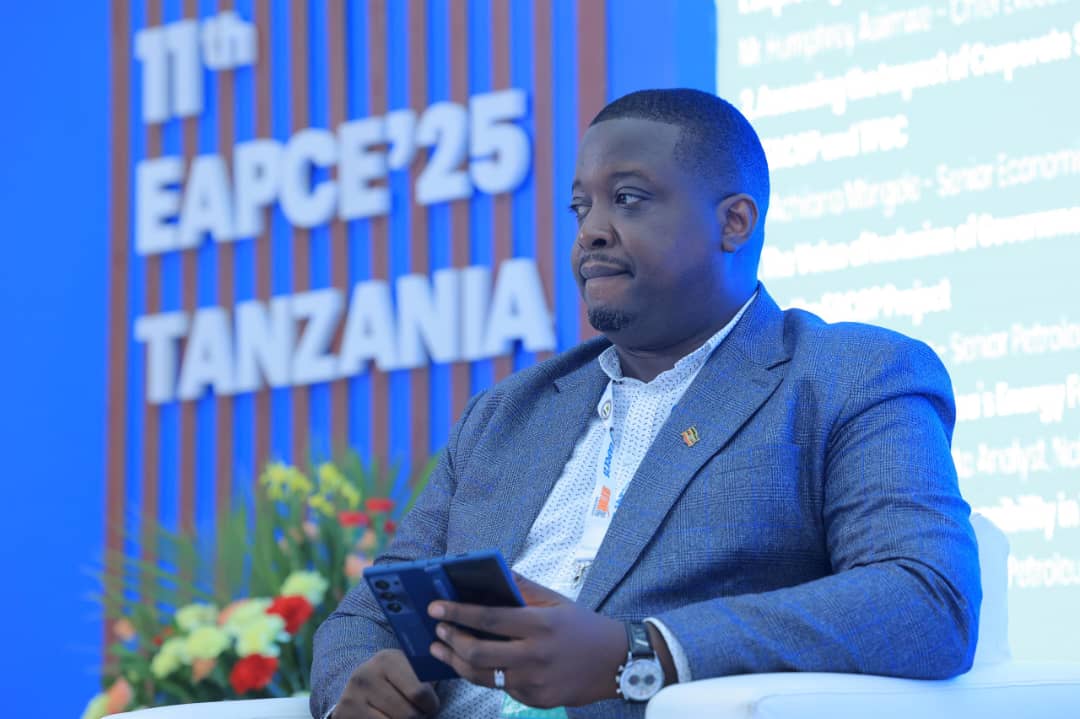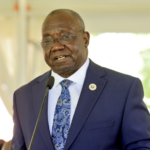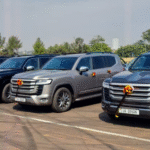As the need to make energy poverty history becomes increasingly more urgent, the African Energy Chamber (AEC) has announced the launch of the G20 Africa Energy Investment Forum on November 21, 2025. Taking place at the Southern Sun Sandton in Johannesburg, South Africa, the forum will explore potential avenues for foreign investment in African energy, delving into strategic topics from oil production to natural gas development to clean cooking, nuclear and affordable energy.
Africa’s energy sector is currently at an important cross-road. Faced with both an energy and climate crisis, the continent requires significant investment to bolster energy access while driving a just and inclusive energy transition. Many nations across the continent have highlighted the value of an integrated approach to achieving these goals, one in which oil and gas play a foundational role.
For Africa, oil and gas production will continue to form the cornerstones of the continent’s development and will remain stable at 11.4 million barrels per day (bpd) in 2026. By 2030, production will rise to 13.6 million bpd, underscoring the role oil plays in Africa. With African energy demand projected to rise fourfold by 2040, the upcoming G20 Africa Energy Investment Forum provides a platform for African oil nations to secure investment while addressing key challenges such as access to finance.
In Africa’s quest for low-carbon energy solutions, natural gas has emerged as a driver of both energy access and industrialization. Current estimates show that Africa has over 620 trillion cubic feet (tcf) of proven gas reserves, with ongoing exploration campaigns expected to uncovers trillions more.
Many nations across the continent have positioned gas as an economic driver, recognizing its role as both a power generation source and clean cooking solution. With 250 GW of additional power capacity needed between now and 2030 to meet anticipated demand growth, gas has emerged as one of the fastest pathways to achieving this goal.
Countries such as Angola, Libya, Algeria, the Republic of Congo and Nigeria have committed to raising gas production, while emerging producers such as Zimbabwe, South Africa and Namibia are seeking partners to advance development. Just this month, South Africa announces plans to lift its long-standing moratorium on shale gas exploration, representing a key step towards unlocking the over 200 tcf of estimated gas in the Karoo Basin.
Beyond power generation, natural gas has emerged as a critical fuel for clean cooking. With over 900 million people living without access to clean cooking solutions in Africa, there lies a critical opportunity to expand reliable, affordable LPG solutions across the continent, leveraging robust infrastructure and strong global collaboration.
The International Energy Agency shows that Africa will require $37 billion cumulative investment to 2040 to achieve universal access to clean cooking, highlighting an opportunity for LPG-directed investments across the continent. The G20 Africa Energy Investment Forum will delve into the impact of clean cooking solutions such as LPG in Africa. These discussions will build on recent developments, including the U.S. Department of Energy’s commitment to strengthening partnerships with African nations across the clean cooking industry, championed by U.S. Secretary of Energy Chris Wright. The commitment was made at Clean Energy Ministerial, hosted in Busan in 2025, creating new pathways for U.S.-Africa collaboration.
The G20 Africa Energy Investment Forum will also explore actionable pathways to advancing alternative energy solutions such as hydropower, geothermal and nuclear. Currently, South Africa holds the only operational nuclear power facility in Africa, but developments in other nations show the promise of future investments. Egypt, Nigeria, Ghana and Kenya are pursuing their own nuclear projects, while South Africa has introduced plans to deploy an additional 5.2 GW of nuclear capacity in the coming years. By 2030, the International Atomic Energy Agency projects a 58% increase in nuclear energy use in Africa, underscoring the scale of potential investments.
“As we engage the G20, our message is simple: Africa needs common-sense energy policies – not ideology. We need financing that supports Africans building power plants, pipelines and refineries, not roadblocks that keep our people in the dark. The G20 must champion a pragmatic approach that balances growth with sustainability and puts African priorities at the forefront,” states NJ Ayuk, Executive Chairman, AEC.
The upcoming forum takes place on the heels of the African Energy Week: Invest in African Energies 2025 conference. During the event, G20 nations participated in the Global Energy Leaders Forum, exploring actionable pathways for global collaboration and investment in Africa’s energy sector. As the continent prepares for the 2026 edition of the event, the G20 Africa Energy Investment Forum will serve as a launchpad for future deals and partnerships.

